Here comes the recap of two very exciting trips: To the 31nd AIDA World Championship in Pool Freediving, and to Kreidesee in Germany, where we did some freediving ourselves. Enjoy!
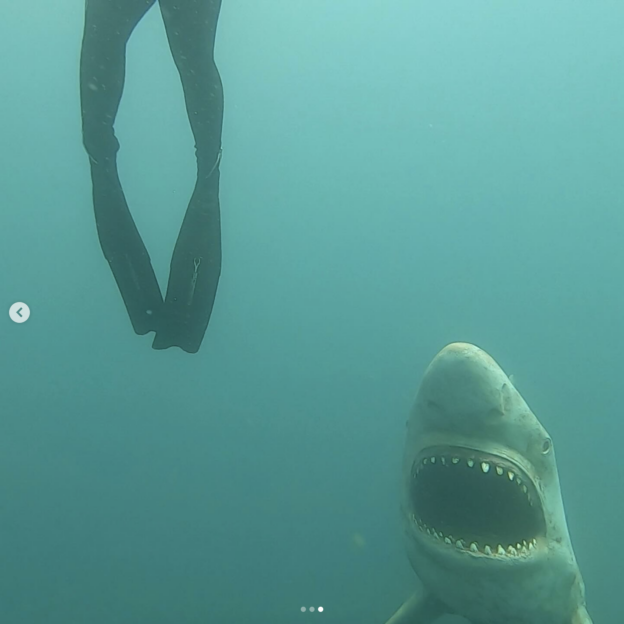

Here comes the recap of two very exciting trips: To the 31nd AIDA World Championship in Pool Freediving, and to Kreidesee in Germany, where we did some freediving ourselves. Enjoy!
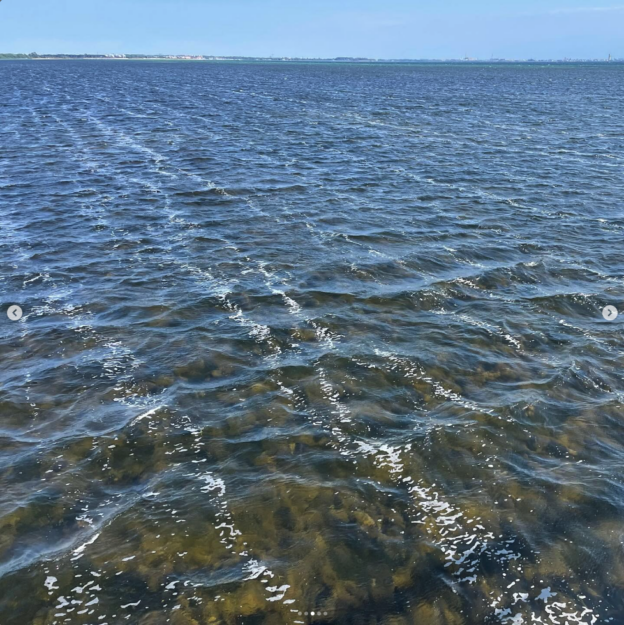
More waves, because water is AWESOME!
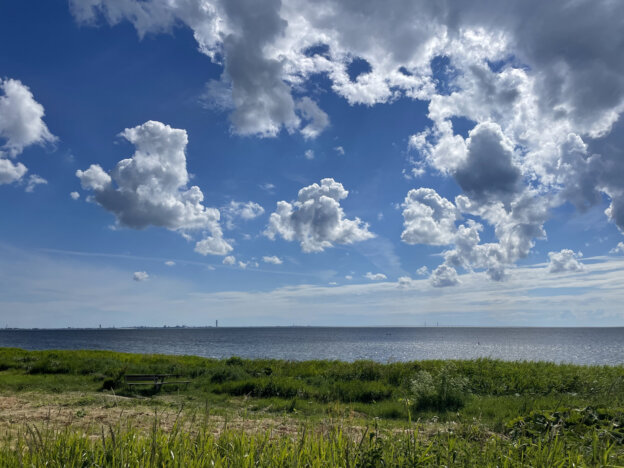
I have written about playing with GAI for certain purposes, most recently to “discuss” the development of a workshop when I had no person to discuss it with. But this article has given me new language (not just the “bullshit” word*, just keep reading) to talk about a highly problematic aspect of GAI.
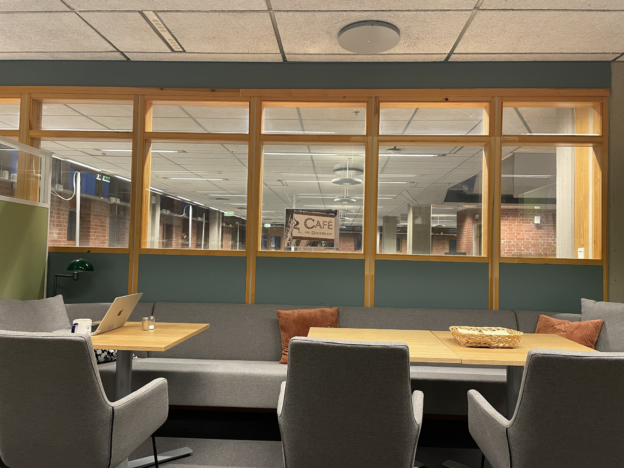
Continuing my mission of “I am reading it so you don’t have to” on a new book: Competences in Education for Sustainable Development. Critical Perspectives by Vare, Lausselet, & Rieckmann (2022). This is my summary of their Part I, and I was really positively surprised by how much I enjoyed reading the book so far, especially the critical perspectives! And very much worth reading in the original, not just my super brief and very biassed summary!
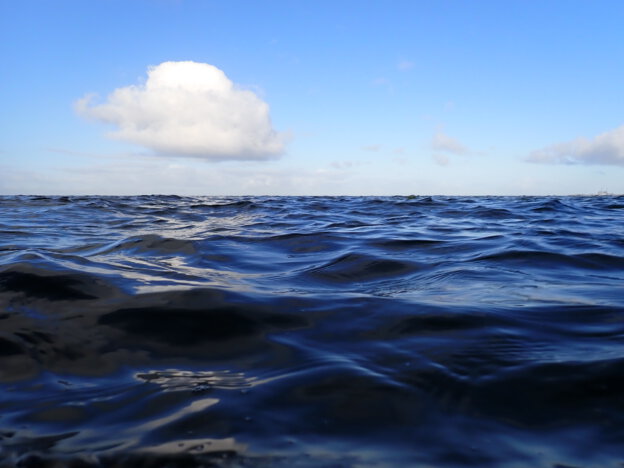
Teaching about sustainability is teaching about a (or many) wicked problem(s), and that is a challenge for teachers for many reasons. We need to, for example, teach how to work with wicked problems in general (although there is some helpful literature out there that we can start from). But when doing this, we need to drastically reconsider the traditional idea of the teacher being “the expert” (also one aspect in the “spiral of silence“). In a topic where there is no one right answer, being the expert is not possible in the traditional sense, so we need to figure out how to deal with that. How do we integrate it with who we think we are as academics, and how do we negotiate who we are with academic colleagues and all the other people in different contexts, with different agendas and values and ways of knowing etc?
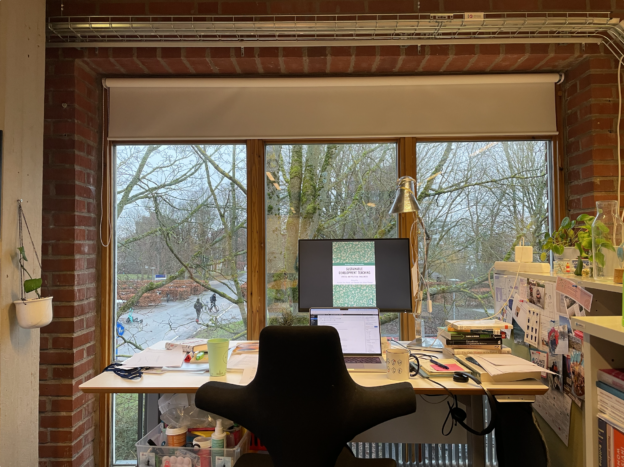
I really really really recommend that you read this book, but if you are short on time, check out my summary posts (part I, IIA, IIB, IIIA, IIIB) or the blogpost below for a super boiled-down summary of my takeaways from the whole book. I really enjoyed reading this book, especially because of its focus on “ethical and political challenges”, which I felt completely unprepared to address before, and now feel I have a much better idea of how to tackle; and also understanding what the authors mean by it makes it all a lot less daunting. So here are the main points for me:
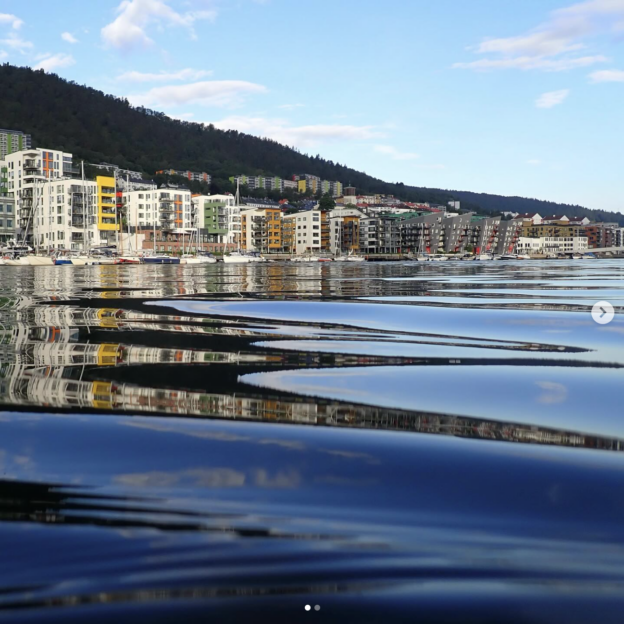
#WaveWatchingWednesday recapping a freediving weekend in Boalt, a work trip to Bergen and Voss with lots of dipping in both places, a freediving competition back home, and more dipping!
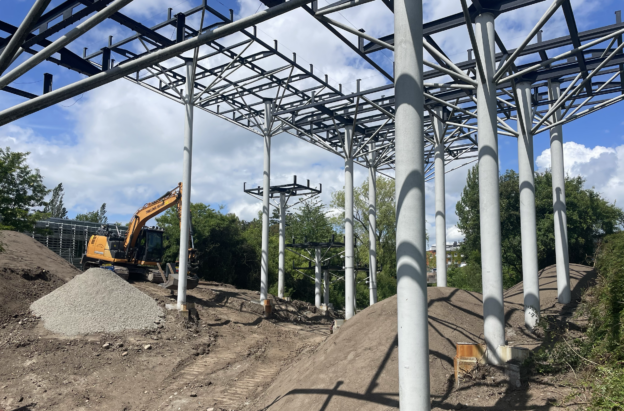
Last night I watched a lecture by Dougald Hine. It is part of an online course on Higher Education Didactics for Sustainability that I did not take myself, but that I have been at the fringes off for a while now, looking at the public parts of the course on their learning management system, and reading through their literature list, and talking with participants and facilitators. This lecture was the opening lecture to set the scene, and it was so good that I am now wondering how to implement it in basically all teaching relating to sustainability that I’ll do in the future. Here is a summary of the main points I am taking away from watching it.
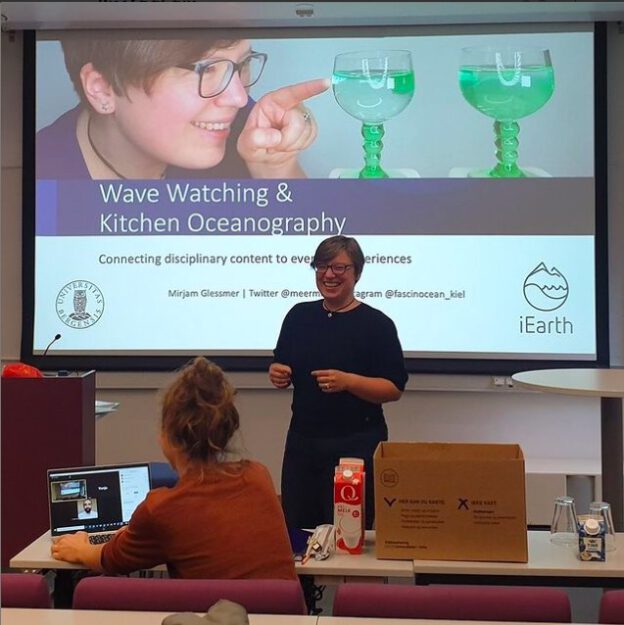
“Hi Claude, I want to plan a 45 minute workshop for university teachers with the title “how do I cultivate joy, passion, and purpose in my teaching, and how do I share it with my students?”. The goal is for the participants to leave the workshop feeling a renewed sense of joy, passion, and purpose going into their future teaching, and I also want them to be able to articulate what it is that brings them feelings of joy, passion, and purpose in their teaching. Ideally, they will have strategies for how to cultivate those feelings, and have ideas on how to share that with their students.
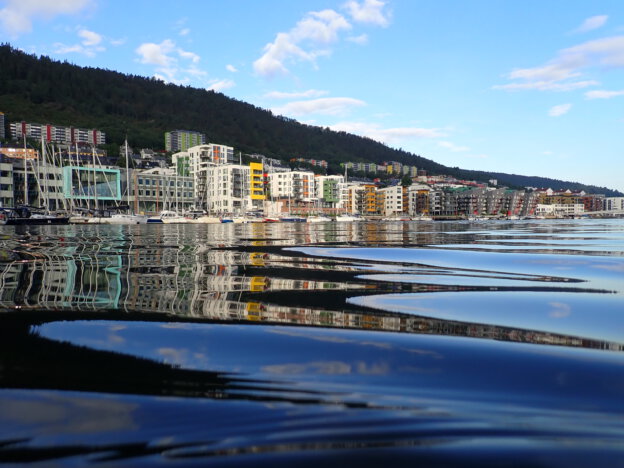
I haven’t read a lot of physics education research recently, but this article on how “Physics instructors’ knowledge and use of active learning has increased over the last decade but most still lecture too much” caught my eye. Continue reading